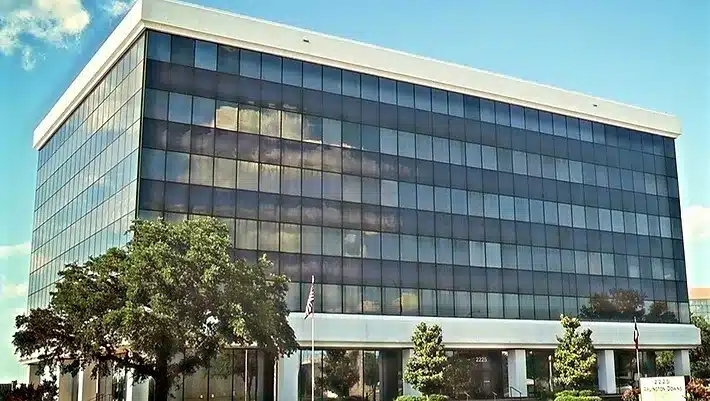Emergency Orders of Suspension
Pursuant to Tex. Alco. Bev. Code § 11.614, and 16 Tex. Admin. Code §§ 33.100 – 33.105, the Texas Alcoholic Beverage Commission (“TABC”) is authorized to suspend a license or permit for up to 90 days if the operation of the licensed or permitted business poses “a continuing threat to the public welfare”. The Commission can issue what’s called an Emergency Order of Suspension (“EOS”). An EOS is similar to a temporary restraining order (TRO) issued in State and Federal courts. See Tex. R. Civ. P. 680 and Fed. R. Civ. P. 65(b). Although not a disciplinary action itself, an EOS can be used as leverage by the Commission to coerce settlement for a violation of the Code. See, i.e., Tex. Alco. Bev. Code § 11.61.
A hearing on the EOS must be held within 10 days after the issuance of the order before an Administrative Law Judge (ALJ) at the State Office of Administrative Hearings (SOAH). Tex. Alco. Bev. Code § 11.614(c).
At the hearing on the EOS, the Commission must prove by a preponderance of the evidence that reasonable cause existed to issue the order, and that “continued operation … would constitute a continuing threat to the public welfare”. Tex. Alco. Bev. Comm’n v. Commonwealth Entertainment Group LLC, SOAH Docket No. 458-21-0539 (Nov. 9, 2020). What this means in plain speak is that the agency must show on a more likely than not basis that there is sufficient evidence to warrant the issuance of an EOS, and there is sufficient evidence to warrant continuance of the EOS for its remaining duration.
After the conclusion of the hearing, the ALJ will issue a final non-appealable order affirming, modifying, or setting aside the EOS. Tex. Alco. Bev. Code § 11.614(d); 16 Tex. Admin Code § 33.105.
Should a licensee or permittee fail to appear at the hearing, the ALJ may issue an order of default affirming the EOS. 1 Tex. Admin. Code § 155.501.
It is important to note that an EOS suspends a business’ privileges to sell alcohol while the order is in effect. A licensee or permittee is prohibited from buying or selling alcohol for the duration of the order, unless set aside or modified by an ALJ.
Because of the incredibly tight deadlines involved, it is very important to contact experienced counsel immediately upon receipt of the EOS. Developing and implementing remedial measures could make the difference between a 1-day and 90-day shutdown depending on the duration of the order. Additionally, some of these cases can be resolved short of a hearing by agreeing to reasonable concessions.





